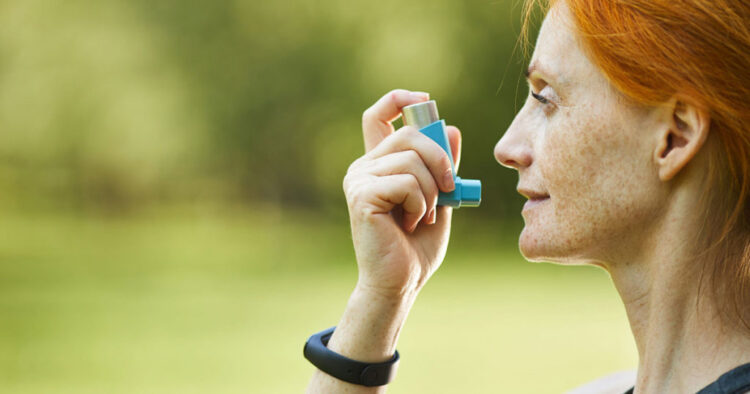Air pollution, hot and humid weather along with certain types of pollen can be asthma triggers in the summer. People who are prone to asthma attacks who live in dry conditions may face worsened symptoms.
Furthermore, pollen levels rise in April and May, potentially triggering asthma attacks.
According to specialists, more than 300 million people worldwide suffer from asthma, with 38 million of them living in India.
WHAT IS ASTHMA?
Asthma occurs when a person’s airways become inflamed, narrowed, and swollen, resulting in excess mucus and difficulty breathing.
Although the illness is modest, it may impede with daily tasks. In some situations, it may become life-threatening.
WHAT ARE THE TRIGGERS?
A person could experience difficulty breathing, coughing and wheezing, which might flare up. This can be managed with inhalers.
“The first step towards managing asthma is to identify and reduce exposure to triggers. This involves keeping a diary of potential triggers and asthma symptoms. Once triggers are identified, a plan can be developed to minimise exposure,” according to Doctor.
Avoid dust triggers from sweeping and dusting and consider mop or wet wipe.
“Limit exposure to the trigger if it cannot be completely avoided by using an N95 mask while going out in pollen-dense areas like parks and trees or avoid going out when dusty weather or dust storms,” added Dr.
HOW CAN ASTHMA BE MANAGED?
To prevent an asthma attack, take “an extra two puffs of a short-acting bronchodilator or an antihistamine” before being exposed to an unavoidable trigger.
However, Dr. advised that this strategy should be used only if the first two options are not practical, and that patients should see their clinician before exceeding their prescription dose.
If you are unable to exercise, do so in a controlled atmosphere where your asthma will not be aggravated. However, do not avoid exercising.
Dr. said that build your activity level gradually as “better cardiovascular fitness reduces the minute ventilation required for a given level of exercise.”
“Use of a short-acting beta-agonist (SABA, such as albuterol) before exercise in cold or dry conditions or at the onset of storms during pollen seasons can help prevent symptom flares,” the expert said.
Last, get a flu vaccination and follow basic hygiene to avoid any viral infection triggers.
Source:IT







 Finance
Finance







